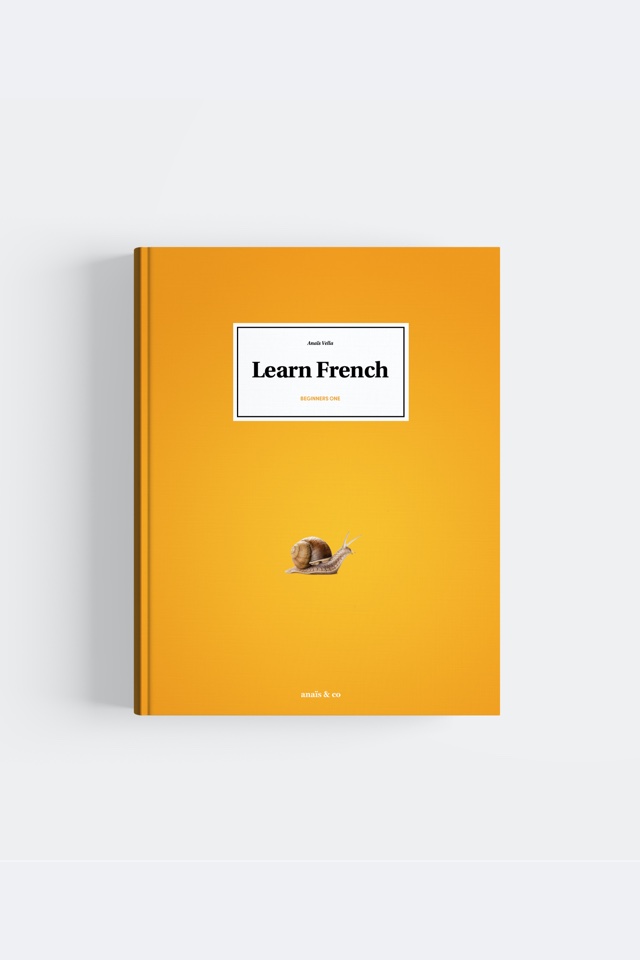

| French | English |
|---|---|
| Être marié | To be married |
| Être divorcé | To be divorced |
| Être fiancé | To be engaged |
| Être pacsé | To be in a civil partnership |
| Être remarié | To be married again |
| Être séparé | To be separated |
| Être célibataire | To be single |
| Être en couple | To live with a partner |
| Être veuf (masculine) | To be widowed |
| Être veuve (feminine) | To be widowed |
| Divorcer | To divorce |
| Se marier | To get married |
| Se pacser | To enter into a civil partnership |
| Se séparer | To separate |
| Se fiancer | To get engaged |
| Madame | Mrs |
| Mademoiselle | Miss |
| Monsieur | Mr |
| Un compagnon | A partner |
| Une compagne | A partner |
| Une femme | A wife/a woman |
| Un mari | A husband |
| Une fille | A girl |
| Un garçon | A boy |
| Un homme | A man |
| Une petite amie | A girlfriend |
| Un petit ami | A boyfriend |
| Nom de famille | Surname/family name |
| Prénom | First name |
| Surnom | Nickname |
“Se” in front of a verb means that the verb is pronominal. You can find the lesson on pronominal verbs in the book beginners’ level 3.
“Ami(e)” means “friend.” “Petit(e) ami(e)” can be replaced by “petit copain” (m) or “petite copine” (f). “Copain” and “copine” mean friend too.
For the vocabulary starting with “être,” and ending in “é”, add a silent “e” to have the feminine, and a silent “s” to both masculine and feminine to have the plural.
For example:
Je suis marié. (masculine)
Je suis mariée. (feminine)
Nous sommes mariés. (masculine plural)
Nous sommes mariées. (feminine plural)

More in the books
Werther you are learning by yourself, with Anais and Co or if you are a FLE teacher find this lesson and many more in a beautiful book.
Be notified when we upload a new video.